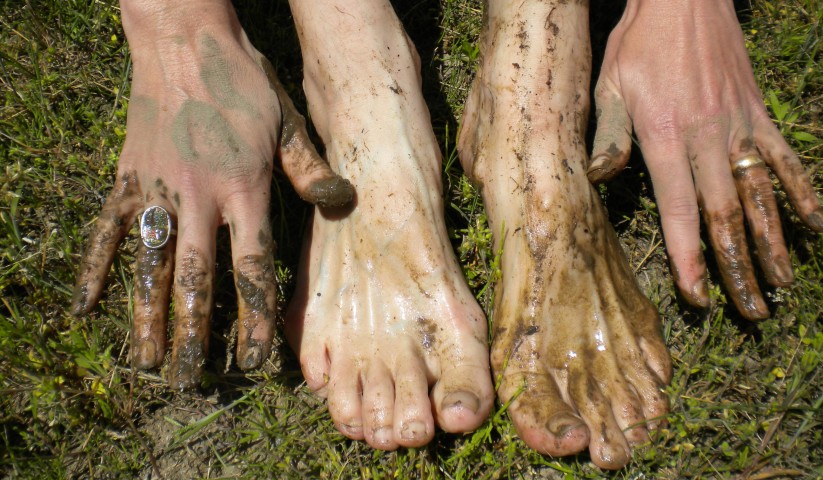
“You are what you eat,” goes the old adage, but in our increasingly globalized food system, figuring out what you are actually eating can feel rather difficult. In Japan, where expectations for food safety and standards in quality are high, consumers have been fighting for decades for the right to know what they are putting into their bodies.
In the 1960’s, Japan was at the height of a new push towards industrialization, resulting in a massive migration of labor from rural to urban areas. Since geographical constraints meant that Japanese farms could not scale up in size, farmers turned to technological advances to increase their efficiency and yield. The introduction of synthetic fertilizers and “-ides” (pesticides, herbicides and fungicides) after the Second World War promised huge yields, less labor and higher efficiency. By many measures they did. However, this modern agricultural technology also brought a host of unexpected negative consequences for wildlife, the health and safety of farmers and the environment.
By the 1970s, stories of farmers falling mysteriously ill and the contamination of waterways made headlines, leading to consumer anxiety. Though the government responded with stricter regulations and safety protocols, some consumers—mothers in particular—remained skeptical. Deciding to take matters into their own hands, communities came together to form informal consumer cooperatives to source products they could trust. And that meant organic.
At that time, organic farming was far from mainstream, and finding enough farmers to meet the growing demand for organic produce was challenging. It was through this need that the teikei system emerged. Teikei, which means “co-operation” or “affiliation with,” is a system in which a community will contract a farmer to grow produce for them for a season. In other countries, it is called Community Supported Agriculture (CSA). Members pay at the beginning of the season based not on how much the farmer will produce, but how much the farmer needs in order to dedicate their farm to growing solely for the group. However, it isn’t just about the money.
“We want to provide opportunities for our customers to get more familiar with farming itself,” said Tomo Minowa of Minowa Farms in Chiba. “We encourage the members of our Duck Owner system to visit and participate in farming events throughout the season to learn about the process of food production.” Minowa and his wife, Nagisa, implemented their Duck Owner Program in 2008. It helped offset production costs, as the ducks used to weed and fertilize the rice fields during the growing season. In exchange, members receive a share of the rice harvest and duck meat.
Every year the farm puts on planting and harvesting workshops for members and non-members to learn about organic rice production and to get to know each other. The Minowas also participate in the monthly Earth Day Market at Yoyogi Park, to create further opportunities for customers to interact—fostering the community that the teikei system was founded upon. Many of their members have been with them since the beginning.
“The teikei systems fits well with organic farming,” said Minowa. “Organic farms are usually small and family-owned. They produce small amounts of a wide variety of crops to suit the seasons. Payment prior to harvest helps farmers secure their earnings, while their yield and its price can vary from year to year due to weather or other causes.”
Whether it’s an interest in sourcing trusted organic product, showing solidarity with local farmers or simply learning more about the food you eat, teikei/CSA programs are a fantastic way to become actively engaged in the act of nourishing our bodies.
To learn more about the teikei system, visit www.joaa.net/english/teikei.htm.
How to Get Started
Head to the Earth Day Farmers Market (www.earthdaymarket.com) to meet CSA farms including:
- Mitsumame Farm for Veggies: www.mitsumame-farm.com/category/1
- Sanba Farm for Veggies: sanbafarm.com/sanba_shop.html
- Sanrinsha for Rice: www.3rinsha.com/blog
Ask around at local organic cafes or shops to see if they host farmers, like Tomoca Coffee does. www.tomocacoffee.co.jp
Warabe Mura in Gifu offers weekly home delivery and English support. warabemura.net
For a less personal, but more convenient approach, Japanese organic food delivery sites offer differently sized and priced vegetable boxes sourced from farmers across the country:
- Radish Boya: www.radishbo-ya.co.jp/item/cc/itomezurashi.html
- Oisix: www.oisix.com
Organic Garden: www.shizennoho.com





